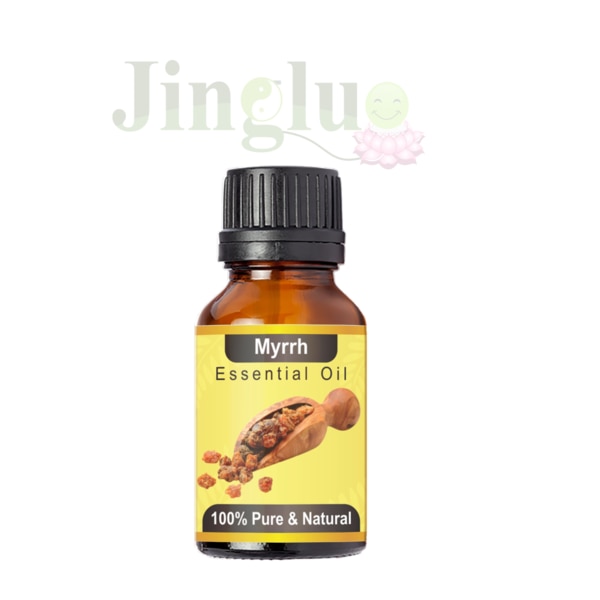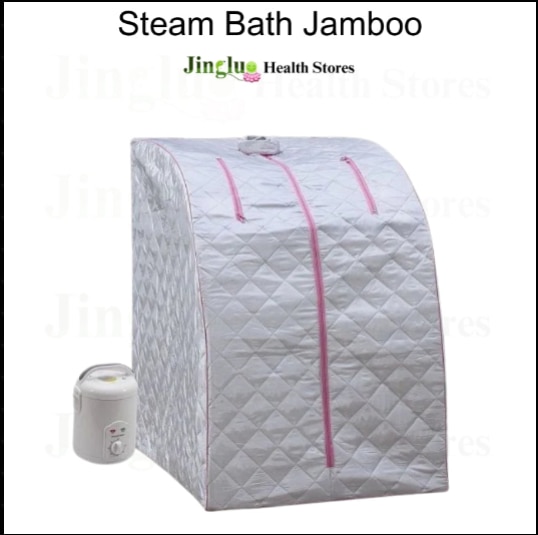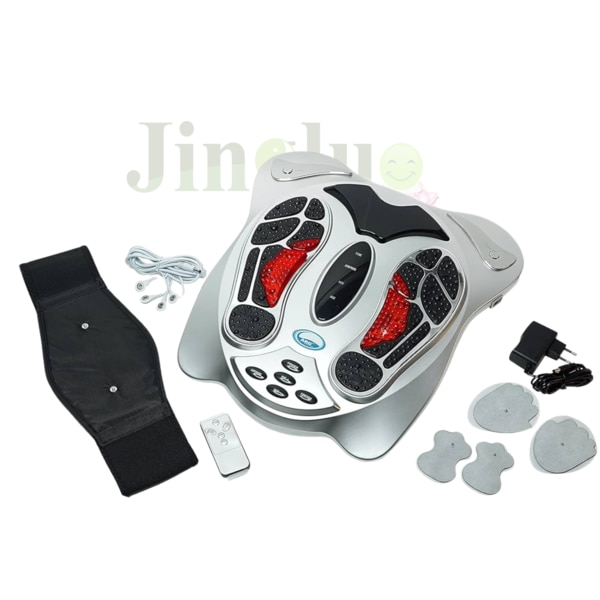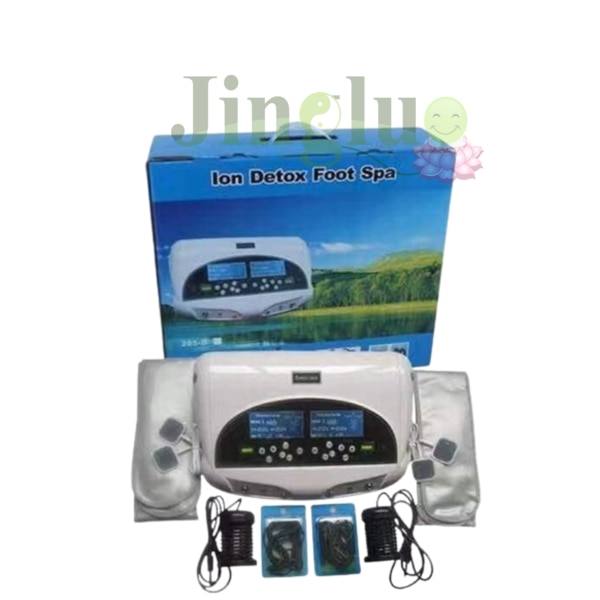Description
Myrrh essential oil is derived from the resin of the Commiphora myrrha tree, a plant native to regions of the Middle East and parts of Africa. This oil has been used for centuries in traditional medicine, religious rituals, and beauty treatments due to its potent therapeutic properties. Its deep, earthy, and slightly sweet aroma makes it a favorite in aromatherapy and skincare. Key Properties Antibacterial and Antifungal: Myrrh oil has powerful antibacterial and antifungal properties, making it effective for treating skin infections, acne, and fungal conditions. Anti-inflammatory: It helps reduce inflammation and soothe irritated skin or tissues, making it beneficial for conditions like eczema, psoriasis, or muscle soreness. Antioxidant: Rich in antioxidants, myrrh oil helps protect the skin and body from oxidative damage, reducing the signs of aging. Healing and Regenerative: Known for its ability to promote tissue regeneration, myrrh oil accelerates the healing of wounds, cuts, and scars. Calming and Grounding: Myrrh is used in aromatherapy for its grounding and calming properties, helping to reduce stress, anxiety, and promote emotional balance. Common Uses For Skin Care: Myrrh oil is excellent for dry, cracked, or aging skin. It helps retain moisture and promotes a youthful complexion. It is often used to heal wounds, cuts, scars, and stretch marks due to its regenerative and healing properties. Myrrh oil is also beneficial for treating acne, blemishes, or skin irritations because of its antibacterial and anti-inflammatory effects. It can reduce the appearance of fine lines and wrinkles, making it a popular ingredient in anti-aging skincare products. For Respiratory Health: Myrrh oil can be used to clear the airways and ease symptoms of congestion, asthma, and colds. Diffuse myrrh oil or inhale its steam to help relieve coughs, bronchitis, or sinus congestion. For Emotional Wellness: Myrrh oil has grounding and calming effects, making it helpful for meditation, reducing anxiety, and promoting emotional balance. It can be used in a diffuser to create a peaceful environment, especially for those experiencing stress or emotional imbalance. For Oral Health: Myrrh oil has traditionally been used to support oral health, reducing gum inflammation, and fighting bacteria that cause bad breath or tooth decay. Add a drop to water or mix with a natural toothpaste for enhanced oral care. For Muscle and Joint Pain: Due to its anti-inflammatory properties, myrrh oil can be used in massage oils to relieve sore muscles, joint pain, and stiffness. It helps ease discomfort associated with conditions like arthritis or general muscle fatigue. How to Use Topical Application: Always dilute myrrh essential oil with a carrier oil (such as coconut, jojoba, or almond oil) before applying to the skin. It is commonly used to treat scars, acne, dry skin, or inflammatory conditions. Aromatic Use: Add a few drops to a diffuser or inhale directly to promote emotional grounding and reduce stress. It can be used during meditation or relaxation practices. Massage: Combine myrrh oil with a carrier oil and massage into sore muscles or joints for relief from inflammation and pain. Oral Health: Add 1–2 drops of myrrh oil to warm water and use as a mouthwash, or mix it into toothpaste for an antimicrobial boost. Steam Inhalation: Add a few drops to hot water and inhale the steam to clear nasal passages or relieve respiratory discomfort. Precautions Dilution: Myrrh oil is potent and should always be diluted with a carrier oil before applying to the skin to avoid irritation. Pregnancy and Medical Conditions: If you're pregnant, breastfeeding, or have any medical conditions (especially respiratory conditions), consult a healthcare provider before using myrrh essential oil. Patch Test: As with all essential oils, perform a patch test before using it extensively, especially on sensitive skin. Avoid Eye Contact: Do not apply myrrh oil near the eyes or mucous membranes.






